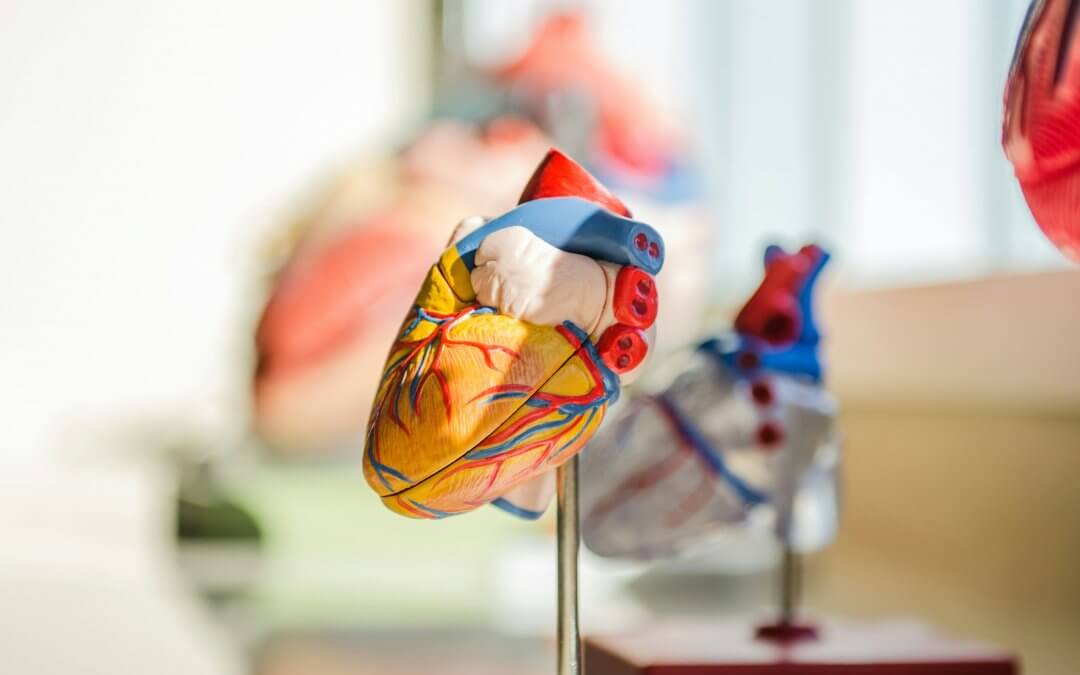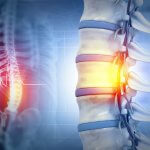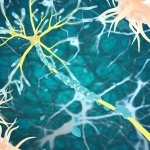It was announced this week that researchers at the University of East London had managed to grow a “heart” using stem cells.
This breakthrough could be instrumental in paving the way for life-saving research into heart disease treatments, with stem cells playing a pivotal role in the future of cardiovascular research.
According to the British Heart Foundation, there are over 170,000 deaths linked to heart and circulatory diseases each year. That’s 480 each day, or 1 every 3 minutes.
With 7.6 million people in the UK living with heart and circulatory diseases, progress in the field of cardiovascular medicine can’t come soon enough. [1]
Because the grown stem cell “heart” has the same characteristics as a normal human heart, scientists are hoping that it can be a more ethical, accurate alternative to the use of animal specimens in research.
This is the latest development in a long line of investigations into the application of stem cells to grow heart tissue.
Last April, researchers at the Francis Crick Institute and Imperial College London set about evaluating how human pluripotent stem cells (hPSCs) could be used to grow left ventricular heart muscle cells. [2]
Their findings suggested that, with the right environment, stem cells are able to differentiate successfully into the cells that make up the left ventricle of the heart, the area most commonly affected by heart disease [3]
In August of last year, a team of researchers from various Israeli institutions had grown a small, yet complete and beating, model of a heart using stem cells. They were even able to fit sensors to the model to monitor its behaviour. [4]
These so-called organoid hearts, grown from stem cells, are incredibly useful in finding treatments and therapies for cardiovascular diseases because of their likeness to human hearts.
Although these “grown” hearts are a lot smaller than human hearts, their construction and makeup reflects the different chambers, tissues and cells that make up a human heart far more accurately. This makes them better in experiments for developing medicine for heart disease than animal samples.
The team at The University of East London are also looking to develop an AI in conjunction with the stem cell heart to monitor intricate changes to cells that could indicate the onset of heart disease. [5]
With thousands of clinical trials currently underway for the application of cord blood and perinatal stem cells in regenerative medicine, it’s possible that your baby’s umbilical cord and placenta hold the key to unlocking their access to the treatments of the future.
Find out more about how storing your baby’s stem cells could safeguard their health for life by downloading our FREE Welcome Pack below.
Sources
FIND OUT MORE, REQUEST YOUR WELCOME PACK TODAY
All you need to know to make an informed decision.
Provide your contact details to request:
– Complete Welcome Pack and Parent’s Guide
– Information via email
– Contact from our specialist advisors








